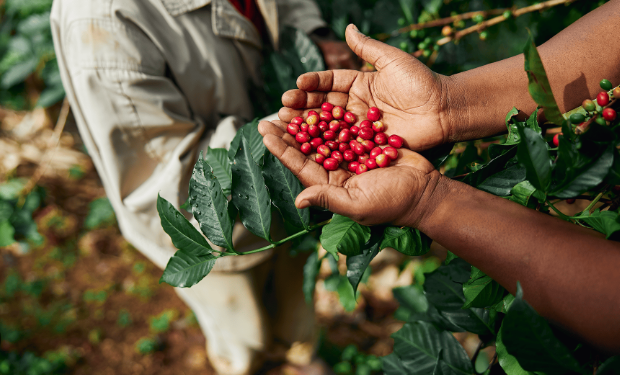Kenya is poised to undergo a significant transformation in its coffee trade dynamics with the European Union (EU) owing to the implementation of the new EU Deforestation Regulation (EUDR) starting from the upcoming year.
Enacted in May of the preceding year, the EUDR mandates that EU entities engaged in the trade of coffee, soy, beef, palm oil, wood, cocoa, and rubber substantiate that their merchandise originates from regions free of recent deforestation.
This regulatory measure is aimed at mitigating the adverse effects of global deforestation on greenhouse gas emissions and biodiversity conservation.
In accordance with directives from the EU Commission, non-SME operators and traders are required to procure geographic coordinates pertaining to the production lands, ensuring adherence to anti-deforestation standards.
Consequently, the EUDR intensifies the scrutiny surrounding Kenya’s coffee exports by EU purchasers, particularly noteworthy given that seven of Kenya’s top 10 coffee markets are situated within the EU.
Data from the Observatory of Economic Complexity (OEC) indicates that in 2022, Kenya’s primary coffee export destinations included the United States (19.3%), Germany (14.5%), Belgium (12.4%), South Korea (9.11%), Switzerland (6.9%), and Sweden (6.61%).
As the deadline for compliance with the EUDR approaches, Kenyan coffee farmers are advocating for expedited governmental initiatives aimed at mapping land coordinates as mandated by EU regulations.
This paradigm shift underscores a broader global trend favoring sustainable and deforestation-free products, thereby impacting Kenya’s substantial coffee industry, which heavily relies on access to EU markets.












